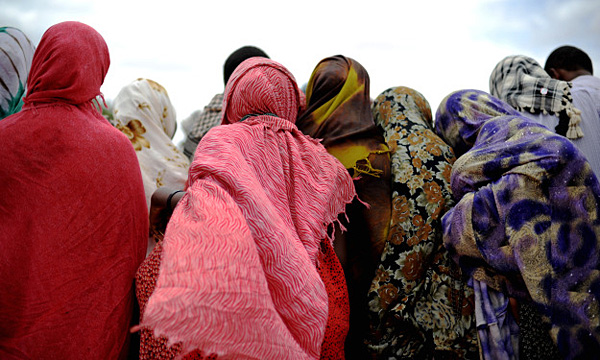
|  |  |  Editorials | Issues Editorials | Issues  
The Save-the-World Clock - Part 3
 Elizabeth Dickinson - Foreign Policy Elizabeth Dickinson - Foreign Policy
go to original
September 23, 2010


| | (Roberto Schmidt/AFP/Getty Images) |  |
GOAL: ACHIEVE UNIVERSAL PRIMARY EDUCATION

Target: By 2015, countries should have every child - both girls and boys - enrolled in and completing primary school.

Reality: Primary education is probably the most pronounced success story of the MDGs so far. Today, some 89 percent of children in developing regions are enrolled in school, according to the United Nations, up from 82 percent in 1999. That jump includes a remarkable 18 percentage-point boost in sub-Saharan Africa, where rates now hover around three-quarters of all children. Such gains still leave 72 million children not enrolled in primary school, though the U.N. projects the number will be down to 56 million by 2015.

Policies such as cutting school fees and offering school meals have been responsible for much of the progress. Another effective tool came in the form of debt-for-education swaps, through which countries such as Indonesia, Nicaragua, and El Salvador agreed to increase their investment in education in return for debt relief.

But learning is about more than just showing up, and the increased enrollment has created a new problem: massive overcrowding. The number of new teachers that will be needed in Africa's schools by 2015, for example, is now equal to the total number of teachers on the continent today, according to the U.N. Quality hasn't kept up with increasing numbers of pupils, and so many countries now have a "high number of secondary-level graduates with fairly irrelevant skills," explains Sigrid Kaag, assistant secretary general at the U.N. Development Program.

|

 |
|  |



